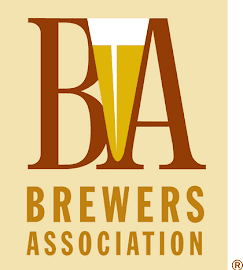A dram law holds an establishment - licensed to sell alcohol - liable for a patron who has been served alcohol there who then or later does something which results in destruction of property, personal injury, or death.
These laws can penalize an establishment for serving alcohol to an obviously intoxicated patron or for the above serious situation. And those penalties can range from fines to revocation of the liquor license itself, which would effectively close down the business.
Washington, D.C. does not have dram laws, per se.
Recently I was at the 9:30 Club - in Washington, D.C., but one of the premier cutting-edge music performance venues of the East Coast and arguably of the U.S. - conducting Clipper City Brewing business. Afterwards, General Manager Jean Homza discussed with me and the representative from Clipper City's new D.C. distributor some of the challenges of conducting club business in D.C.
She was quite vociferous about the inconsistencies - she used stronger terms! - in some of the laws affecting alcohol-licensed establishments.
For instance, in D.C., a club is prohibited from confiscating a faked identification (21 of course being the legal drinking age). Think about that: someone committing fraud is allowed to attempt to do so again. It's the establishment which is held liable if it doesn't notice that the identification has been falsified.
Little to nothing, she said, is done by the D.C. authorities to prosecute users of fake IDs.
Wednesday, June 20, 2007
Dram that law
Subscribe to:
Post Comments (Atom)











No comments:
Post a Comment
Comment here ...